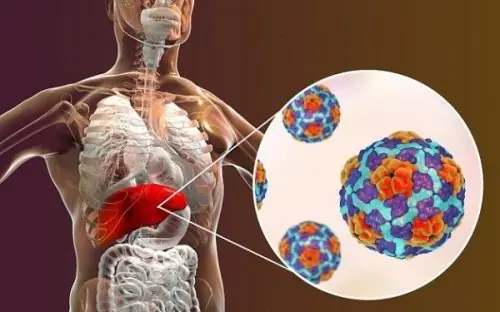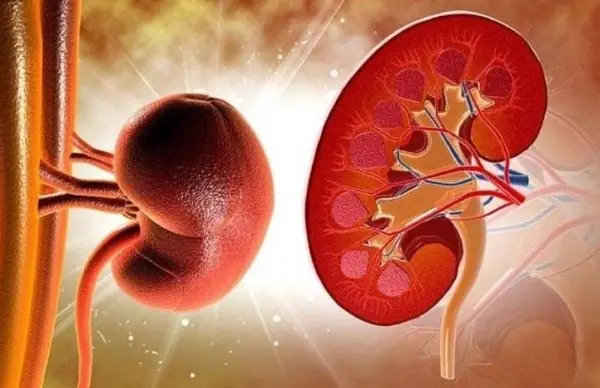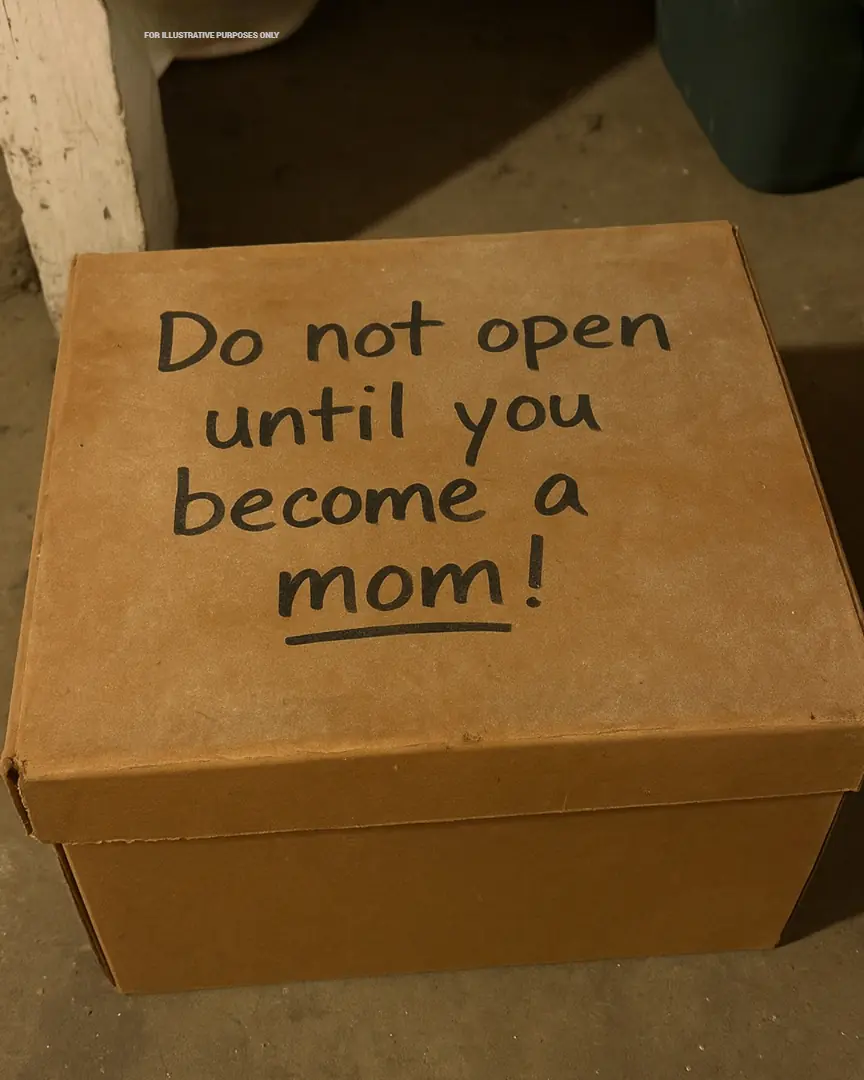
6 Hard Truths About Losing a Parent
6 Hard Truths About Losing a Parent
Even imagining the loss of a parent can be unbearable. Parents often play a central role in our lives, and whether we’re close to them or not, losing someone who gave us life inevitably changes us. While everyone experiences grief differently, there are a few painful but universal truths about what it means to lose a parent.
1. You’ll Feel a New Kind of Loneliness
Most of us are familiar with the feeling of loneliness, but losing a parent introduces a deeper, more profound version of it. There’s an emptiness that comes from realizing they won’t return—a permanent absence that takes time to understand. Over time, the sharp pain softens, and life continues, but you carry this loss with you. Although the physical presence is gone, the emotional and spiritual connection—and the memories—remain.
2. Your Support System Changes
Parents are often our most trusted advisors and biggest cheerleaders. When you lose one, it may feel like you’ve lost your compass. It can be hard to move forward with your goals and dreams without their guidance. Still, their wisdom lives on in the lessons they taught you, and in the memories you shared. Though unseen, their support continues in the quiet ways they shaped who you are.
3. Emotional Breakdowns Are Normal
Grieving isn’t linear, and it’s not something anyone “gets right.” After losing a parent, you may feel emotionally drained, unmotivated, or overwhelmed—and that’s okay. Some days, getting out of bed may be an achievement. Give yourself grace and space to grieve. Healing takes time. Your parent would want you to continue living, even if that means starting with small steps.
4. You Never Truly Get Over It
One of the hardest truths is that you never fully “get over” losing a parent. The absence becomes part of your life story. But over time, you grow around the grief. You carry it differently. You’ll always feel that something is missing, but you’ll also gain strength from what they gave you. Their legacy lives in the way you love, laugh, and keep going.
5. You May Feel Insecure or Jealous
After losing a parent, seeing others with theirs may stir complex emotions—sadness, longing, or even jealousy. You might feel frustrated when others don’t seem to value their time with loved ones. Instead of resentment, try gentle encouragement. Remind others of the importance of a simple call, a shared meal, or heartfelt words. Cherishing time with loved ones is one of the greatest lessons loss can teach.
6. Regret Is Inevitable, but It’s Not the Whole Story
After a loss, it’s common to dwell on things left unsaid or undone—visits missed, trips postponed, words not spoken. But in the grand scope of your relationship, these are rarely the things your parent would focus on. They would remember the laughter, the hugs, and the meaningful moments you did share. Let those be the memories that guide your healing.
Grief Takes Time—and Help Is Available
Grieving is deeply personal. For some, it lasts weeks. For others, it may take years. There's no "right" timeline. You may begin to heal on your own, or you may find strength in working with a therapist or counselor. If you're struggling, you're not alone—and you don't have to go through it alone.
Services like BetterHelp, the world’s largest network of licensed therapists and counselors, can connect you with someone who understands. Whether online or in person, support is available.
Losing a parent reshapes your world. But even in the heartache, healing is possible. You can carry your parent’s love with you, and continue living a life they’d be proud of.
News in the same category


Both Mother and Child Died of Liver Cancer – Doctor Warns: Never Add These 3 Ingredients to Porridge

More and More Young People Are Getting Stomach Cancer! If You Wake Up With These 5 Symptoms, Get Checked Immediately

If You Have Tiny White Bumps on Your Face, Don’t Try to Remove Them!

5 Early Warning Signs of Liver Cancer You Should Never Ignore—Even If They Seem Subtle

Before Cancer Knocks: 4 Warning Signs in Your Hands and Feet You Should Never Ignore

Silent Signs of Kidney Cancer Many People Overlook

The Science Behind Why Your Body Jerks As You Fall Asleep

Man Eats Slug on a Dare, Leading to Tragic Consequences Years Later

Doctor Explains Why You Might Need to Poop Right After Eating — And It’s Not Just IBS

Don’t overlook these small red spots on your arm – They could be important warning signs

If You Don’t Get These 5 Health Screenings, You Might Not Know You Have Cancer! It's Best to Check These Areas Regularly

Warning: Strange Nail Shapes Could Be a Sign of Dangerous Cancer

5 Early Signs of Kidney Failure You Need to Know: #3 Is Common But Often Ignored

Think Before You Sip: The Hidden Link Between Sugary Drinks and Oral Cancer

Pineapple-Infused Water, Anyone? Discover the Benefits, Tips, and Refreshing Recipes

How Much Water You Actually Need to Drink Each Day – And Why It Matters

5 Fruits Listed in the ‘Black Book’ That May Promote Cancer Cell Growth: Avoid Them No Matter How Cheap They Are
News Post

5 Changes in Hands and Feet That May Signal Lung Cancer Is Coming – But Most People Mistake Them for Common Illnesses

Both Mother and Child Died of Liver Cancer – Doctor Warns: Never Add These 3 Ingredients to Porridge

More and More Young People Are Getting Stomach Cancer! If You Wake Up With These 5 Symptoms, Get Checked Immediately

Viral Video Shows Plane ‘Frozen’ Mid-Air, Ignites ‘Glitch In The Matrix’ Theories

Secret CIA Documents Declare That The Ark Of The Covenant Is Real, And Its Location Is Known

It will make your bladder and prostate look like new! Working grandfather’s recipe!

10 Vegetables That Naturally Help Clear Blocked Arteries

Dying Rich Man Sends Death Notice to 5 Kids to Determine Heir, No One Comes except Strange Young Girl

Entitled Couple Stole the Airplane Seat I Paid For—So I Gave Them Turbulence They Deserved

My Husband Developed an Entitled Attitude After He Was Promoted — I Got Fed up with His ‘Royal’ Demands and Taught Him a Lesson

My Sister Gave Me a Box That Said, 'Do Not Open Until You Become a Mom,' and When I Finally Did, I Discovered My Whole Life Had Been a Lie

My Son Was Going to Marry the Love of His Life, but the Secret Letter Ruined Their Fairytale Wedding

Why You Should Try Placing Aluminum Foil Behind Your Router

Why Do Button-Down Shirts Have Loops on the Back?

If You Have Tiny White Bumps on Your Face, Don’t Try to Remove Them!

Harvard Doctor Says No to These 4 Inflammatory Foods

5 Early Warning Signs of Liver Cancer You Should Never Ignore—Even If They Seem Subtle

Before Cancer Knocks: 4 Warning Signs in Your Hands and Feet You Should Never Ignore
